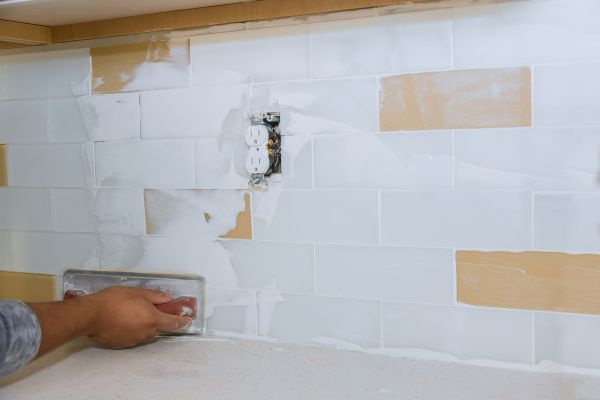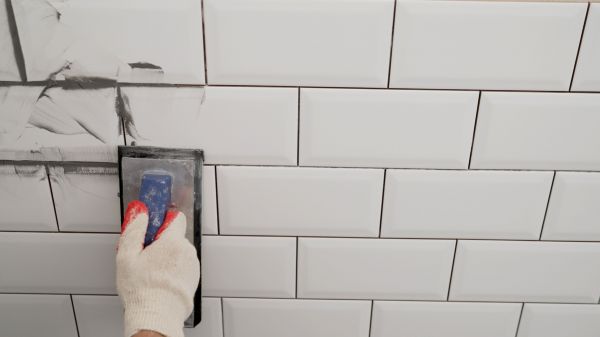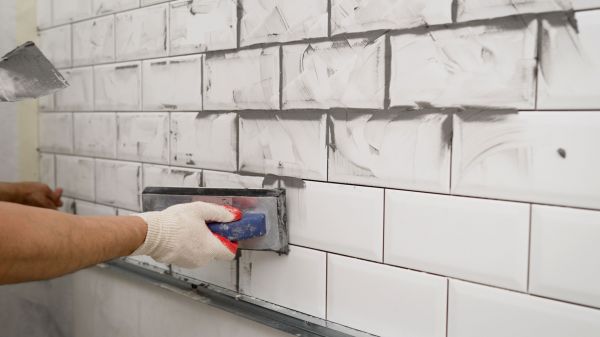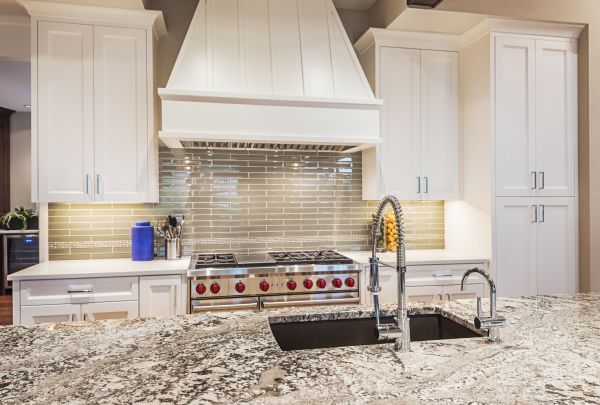Kitchen Regrouting Service
Affordable Kitchen Regrouting
Kitchen regrouting is an essential maintenance task that involves removing and replacing the grout between tiles to ensure a fresh and clean appearance. Over time, grout can become discolored, cracked, or damaged due to exposure to moisture, food spills, and regular wear and tear. Regrouting not only revitalizes the look of your kitchen but also helps maintain the structural integrity of the tiled surfaces. By addressing the grout issues, you can prevent potential water damage and mold growth, keeping your kitchen both beautiful and functional.
Benefits of Kitchen Regrouting
-
Enhanced Aesthetic Appeal
Kitchen regrouting significantly improves the visual appeal of your kitchen. Fresh grout can make your tiles look brand new, providing a cleaner and more polished appearance. This upgrade can be particularly beneficial if you're looking to refresh your kitchen without undergoing a full renovation. -
Improved Hygiene
Over time, grout can harbor bacteria, mold, and mildew, which can be harmful to your health. Regrouting removes these contaminants, creating a healthier environment for food preparation and family gatherings. Clean grout lines contribute to a cleaner kitchen overall. -
Increased Durability
Damaged grout can lead to loose tiles and potential water damage. Regrouting reinforces the stability of your tiled surfaces, ensuring they remain durable and resistant to wear and tear. This maintenance step can extend the lifespan of your kitchen tiles. -
Cost-Effectiveness
While regrouting requires an initial investment, it is a cost-effective solution compared to replacing tiles. It allows you to maintain the beauty and functionality of your kitchen without the expense and hassle of a full renovation.
FAQs About Kitchen Regrouting
How often should kitchen regrouting be done?
Kitchen regrouting is typically recommended every 5 to 10 years, depending on the condition of the grout and the level of wear and tear in your kitchen.
Can I regrout my kitchen tiles myself?
While DIY regrouting is possible, hiring a professional ensures the job is done efficiently and effectively, with a high-quality finish that lasts longer.
What type of grout is best for kitchen tiles?
Epoxy grout is often recommended for kitchens due to its durability and resistance to stains and moisture. However, the best choice can vary based on specific tile materials and kitchen usage.
How long does the regrouting process take?
The duration of the regrouting process can vary depending on the size of the area and the condition of the existing grout. Typically, it can take anywhere from a few hours to a full day.
Fill out the contact form today to request professional Kitchen Regrouting and enjoy the benefits of a cleaner, more durable, and aesthetically pleasing kitchen!




